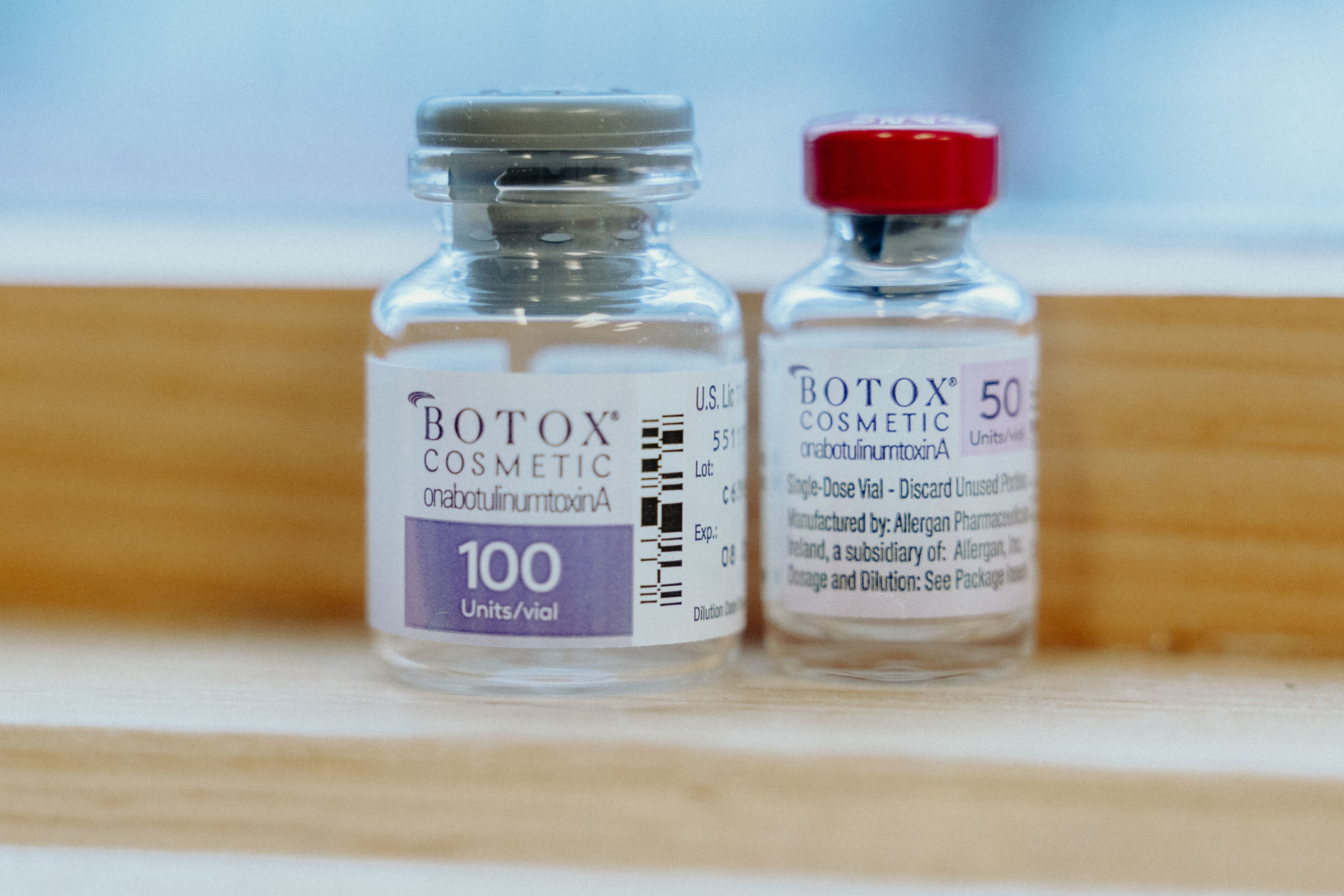Stress can manifest in many different ways, including in your mouth. The most common showing is through TMJ (the temporomandibular joint). You have two temporomandibular joints, one on each side of your mouth, which connects your jawbone to your skull. These joints produce a hinge-like motion that allows you to open and close your mouth, chew food, yawn, and control other jaw movements.
When someone is under a great deal of stress, they may clench their jaw or grind their teeth, often subconsciously. This causes their TMJ to lock up, and they find it difficult to open their mouth or eat food. Because these movements are done without the person knowing, it can be a hard habit to break.
Luckily, there are many fixes to TMJ pain. Many dentists recommend custom mouth guards to wear at night, reducing the chance of grinding teeth while asleep. However, if the issue is from grinding your teeth during the day or clenching your jaw, a mouth guard probably won’t work for you. If that’s the case, Botox may be the answer for you.
Botox is no longer used for purely cosmetic reasons; it can now be used to treat migraines, hyperhidrosis (excessive sweating), and TMJ pain. Another bonus is that Botox keeps you off of hard prescription pills. At Cakmes Dental Studio, we will never choose to prescribe prescription pills unless that’s our last resort. With TMJ pain, Botox is safer and more effective, so it’s our preferred route.
The primary use of Botox is to relax facial muscles, whether in a cosmetic way to reduce forehead wrinkles or in a pain-management way to prevent jaw pain or lockjaw. Botox blocks nerve signals to the brain, which allows the specific area targeted to relax. When we inject Botox into your strained muscle, it will have a relaxing effect, and you will no longer feel the need to clench your jaw or grind your teeth. In addition, the Botox will work to decrease spasms which will limit lockjaw and create a wider range of motion.
Botox can be performed in our office in just one treatment, and many people start to feel relief within five to ten days. If you or someone you know is suffering from TMJ pain due to stress, it may be time to consider Botox as a solution. Call us to set up a consultation to determine if Botox is the best option. It’s important to know your options during Stress Awareness Month and beyond.

